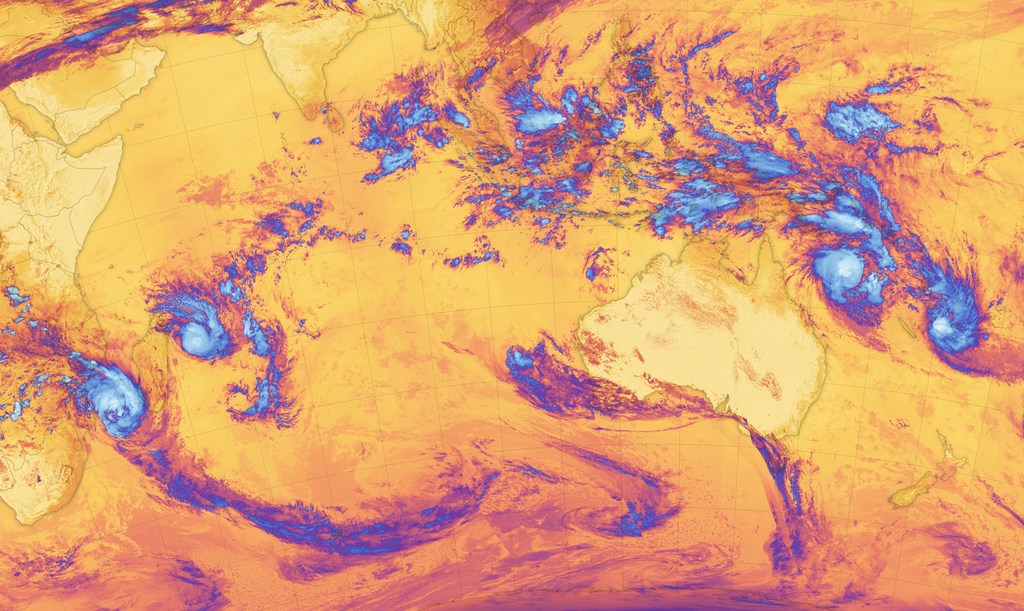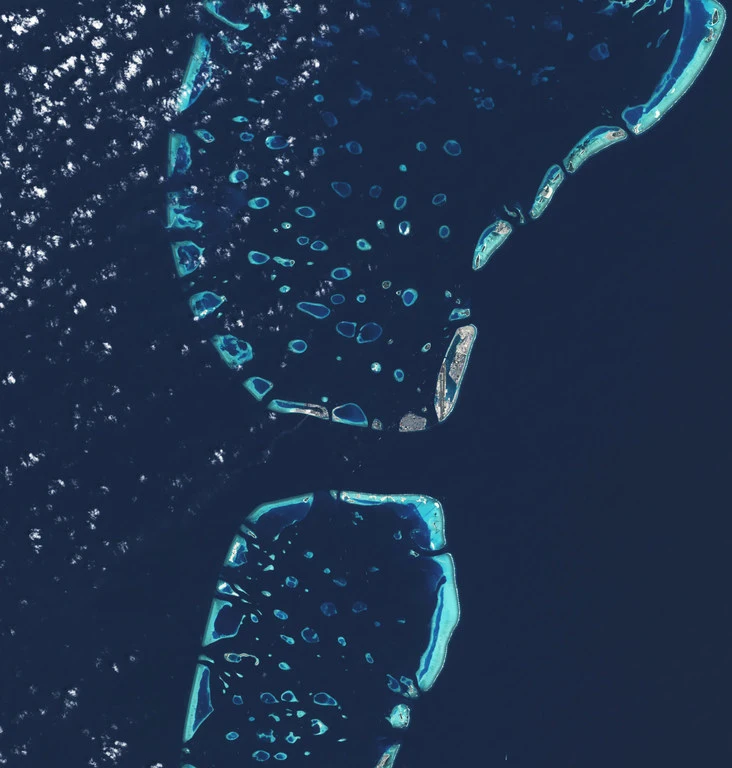From the Global South to the stars: expanding access to outer space | UN News
Once the exclusive domain of a handful of technologically advanced countries, outer space is now within the reach of emerging nations from the Global South, as costs fall and technology becomes more widely available.
Many emerging space actors face significant barriers, including steep technical and financial hurdles, along with undeveloped national regulations and legal frameworks. UNOOSA helps bridge these gaps by advising on national space legislation and helping countries navigate international obligations under UN treaties like the Outer Space Treaty and the Registration Convention, which aims to provide an accurate picture of all objects launched into space.

The Access to Space for All programme, for example, helps non-spacefaring nations launch payloads, conduct experiments, and access data from space missions. Kenya, Mauritius, Guatemala and Moldova all successfully launched their first satellite in partnership with the JAXA/UNOOSA KiboCUBE program, which collaborates with teams from developing countries to deploy small cube satellites from the International Space Station.
UNOOSA’s Space Law for New Space Actors project supports emerging spacefaring nations in developing robust legal and policy frameworks for outer space activities, and the Space4Women initiative developed the Gender Mainstreaming Toolkit for the Space Sector to help organisations commit to gender equity, promote equal opportunities, empower women and girls through dedicated programming, and track measurable progress. Another flagship initiative, UN-SPIDER, delivers specialized capacity-building on the use of space applications for disaster risk reduction and emergency response.







